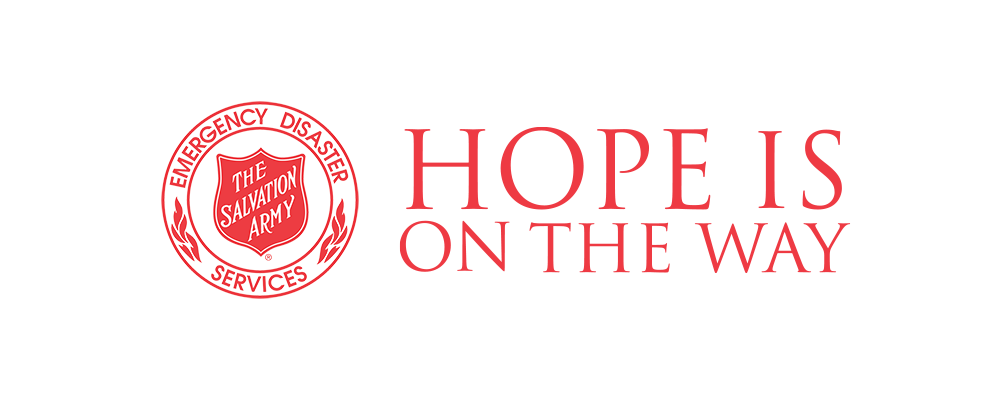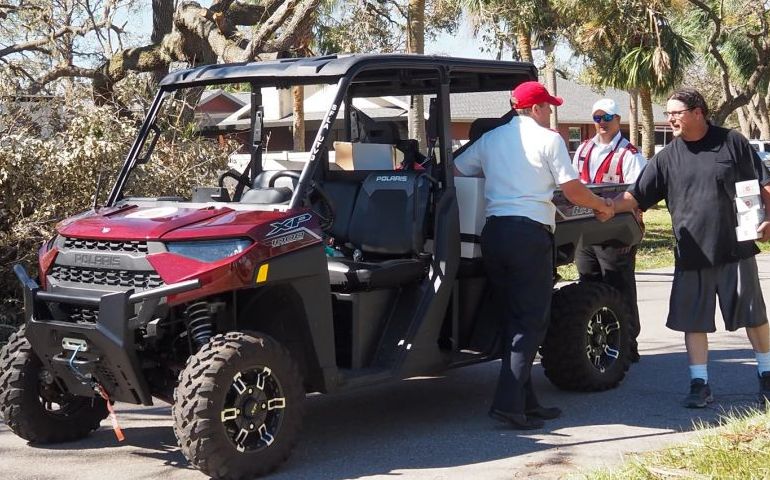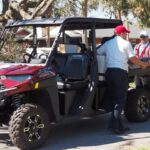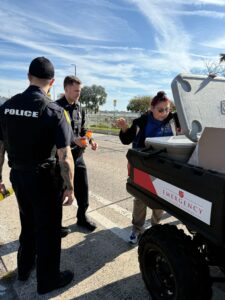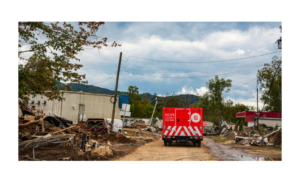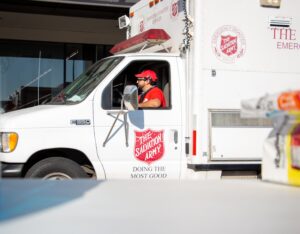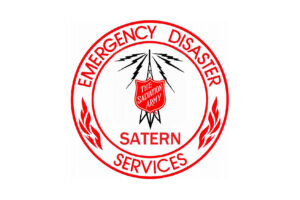Port Charlotte, FL – While many areas in Florida remain inaccessible due to Hurricane Ian’s storm surge, flood waters are slowly receding in others. Neighborhoods that were previously cut off are finally able to receive service. The Salvation Army teams on the ground in Florida utilized Polaris off-road vehicles today to distribute meals in neighborhoods still not accessible to canteens and larger vehicles.
Salvation Army teams loaded each Polaris with water and boxed lunches before heading out in search of people needing food. In addition to food and water, teams were sent to provide a listening ear and spiritual/emotional care to residents still processing the overwhelming experience of Ian’s arrival and destruction.
Captain Jeremy Mockabee, Chief of Operations for the Port Charlotte incident command team, was one of the team members on the ground.
“One of the Army’s great strengths is its ability to be flexible,” said Captain Mockabee. “This is never more prevalent than in times of crisis. We adapt, even in our vehicle response. The Polaris meets a specific need. Its size, speed, and versatility make it almost essential in meeting needs in places our other, larger vehicles would not be able to navigate.”
To date, The Salvation Army has distributed 33,048 meals and 29,086 drinks in Florida. Services will continue to increase as more and more communities become accessible to service.

